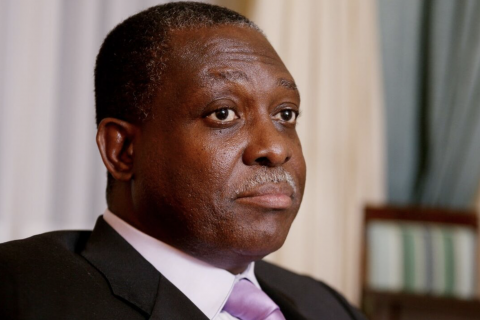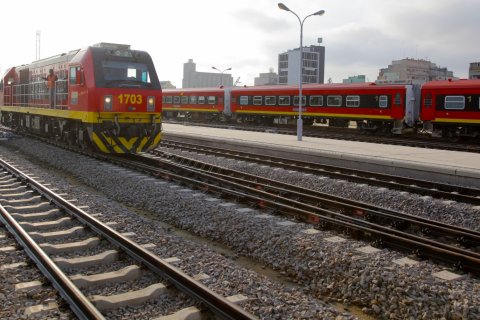One of a set of bilateral cooperation instruments, within the framework of the approved foreign policy, is contained in the document.
On Monday, the Angolan ambassador to the CPLP, Francisco Oliveira Econge, told Lusa that the country was "in the final stage" of ratifying the Mobility Agreement, negotiated by the Cape Verdean presidency and approved at the Luanda summit, in July, when Angola assumed the leadership of the Portuguese-speaking organization.
Portugal, Cape Verde and São Tomé and Príncipe have already ratified the agreement, which in practice allows it to enter into force.
The agreement establishes a "framework for cooperation" between all Member States in a "flexible and variable" way and, in practice, covers any citizen.
States are provided with a range of solutions that allow them to assume "commitments arising from mobility in a progressive manner and with different levels of integration", taking into account their own internal specificities, in their political, social and administrative dimensions.
In this context, they have the "freedom (...) to choose the mobility modalities, the categories of people covered", as well as the countries of the community with which they wish to establish partnerships.
The agreement defines that CPLP mobility covers holders of diplomatic, official, special and service passports and ordinary passports.
The issue of facilitating circulation has been debated at the CPLP for about two decades, but it received greater impetus with a more concrete proposal presented by Portugal at the summit in Brasilia, in 2016, and became the priority of the rotating presidency of the organization of Cape Verde, from 2018 to 2021.
The Council of Ministers approved the CPLP Mobility Agreement that goes to parliament
This Wednesday, the Council of Ministers approved the Mobility Agreement between the Member States of the Community of Portuguese Language Countries (CPLP), a document that is now going to the National Assembly.







